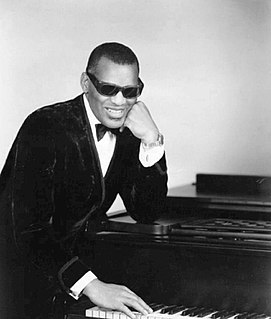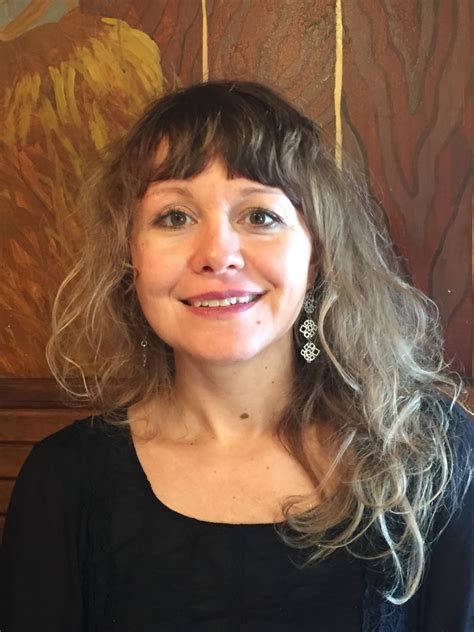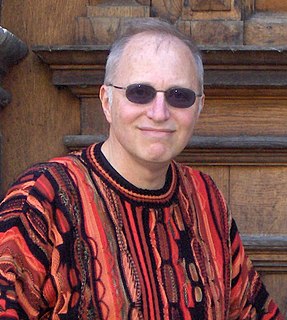A Quote by Andrew Sean Greer
Other writers know what you're going through, what you're talking about when you write.
Related Quotes
I don't know a lot of writers, even writers who have been on the bestseller list for a few weeks, or writers who have gotten movie options, who can live on just their writing income. Once you break it down to the years it took to write the book, place it, promote it, and you pay the agent, pay the taxes, the annual income is not enough to live on comfortably. I do not have a starving artist inclination. I'm from the working class. I don't feel creative unless I feel like my house is going to be there and I'm going to be fed. I can't worry about money and write. Maybe some people can.
I don't know if make a conscious effort to vary the characters and subjects that I write about, but I do find myself keeping track of ideas that come along, as probably most writers do, and whatever seems most interesting to me when I flip through my notes before I begin a new story is usually what I will try to write about next.
Some writers find that they don't know their themes until they've finished the first draft (I am one). They then rewrite with an eye toward balancing on that tightrope: not too contrived, not too rambling; does what I'm saying about the world below me actually add up to anything? Other writers pay attention to these things as they write the first draft. Either way, an awareness of the macro and micro levels of theme can provide one more tool for thinking about what you should write, and how.
In animation, you may be working with 20 writers, and everybody has to write the same thing. You can't have episodes that don't feel like they belong. In comics, you're gonna write a whole run, which means it's your style that's coming through. But when you're working on a show that's collaborated with a dozen other writers, you have to have a style that blends the show together. So you can't write it the way you normally would, because your script will stand out from all the others.






































